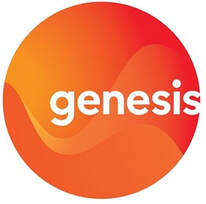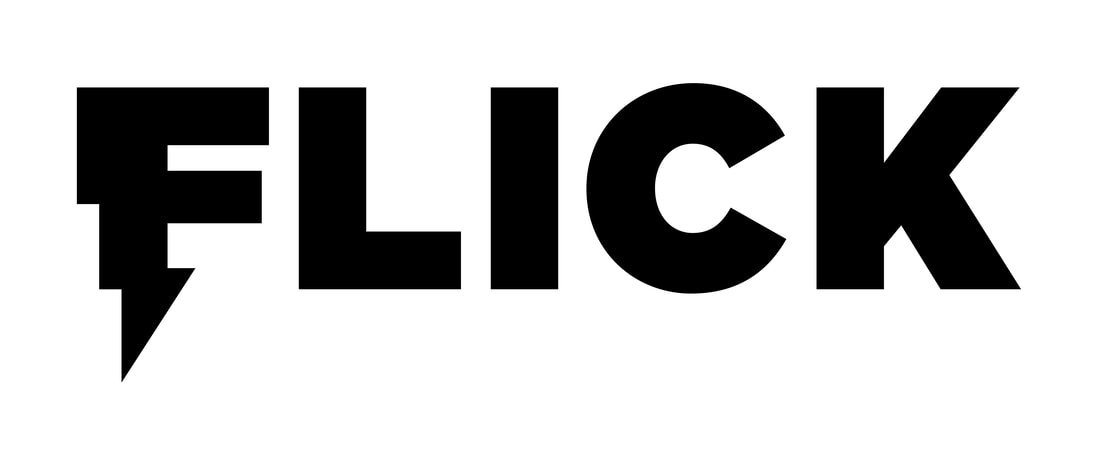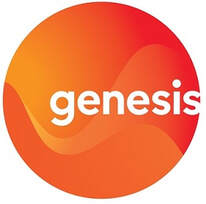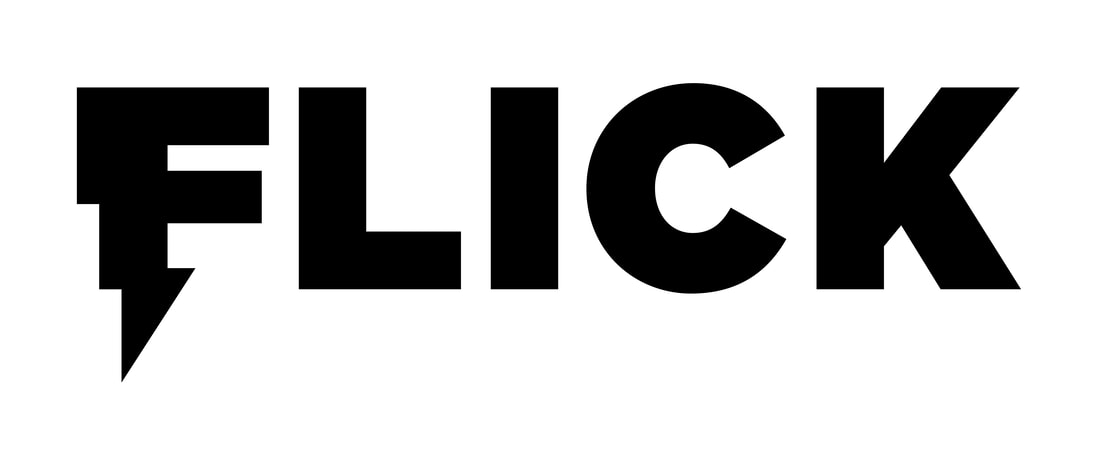Mercury Review - Prices, Discounts, Deals, Tariffs and Fees
Our guide explains Mercury's pricing, bonuses, contracts, pros and cons and must-know facts, and how it compares to other power companies for residents of Auckland, Wellington, Christchurch and Dunedin.
Updated 10 July 2024
Mercury in a Nutshell
Our review: To help you understand how Mercury works and the pros and cons of their plans, our guide covers:
- Mercury is currently New Zealand’s third-largest electricity retailer by market share after Genesis Energy and Contact Energy and its major shareholder (51%) is the New Zealand government. It is listed on the NZX.
- Mercury's power plants are located in Auckland, Waikato, and the Bay of Plenty. Its market share is around 17% with 300,000+ customers.
- Plans and Pricing: Mercury offers two types of electricity plans, an open term plan called “Everyday Rates” and several fixed-term plans which availability may vary depending on the area where you live as well as the type of electricity meter you have installed (conventional or smart meter). Regardless of the contract type, all Mercury plans are available for both low and standard users.
- Our power company comparison research concluded that Mercury is one of the top providers for both low and standard users in cities across New Zealand.
Our review: To help you understand how Mercury works and the pros and cons of their plans, our guide covers:
MoneyHub Founder Christopher Walsh shares his views around power pricing and Mercury's market-leading pricing:
|
"As I say in a recent Stuff.co.nz column, electricity comparisons can be complicated. Many MoneyHub users have asked us about what electricity provider is the cheapest. The answer isn’t simple – it depends on where you live and whether you’re a low user or a standard user. But even then, there’s a lot of ways the industry makes it near-impossible to compare like for like. The good news is Mercury, despite being a major player, is focused on offering competitive prices and attractive discounts".
"I've talked about how early payment discounts are seldom offered by power companies. However, Mercury bucks the trend and goes big on the discount. And while you won't get free hours of power, you'll likely get low unit prices and daily rates". "Mercury is 100% renewable (hydro and geothermal), and is building New Zealand's largest wind farm. There's a lot to like about Mercury and we're delighted to see a dominant player innovating with low costs, renewable investments and plans that make sense". "Mercury prices average to good in most locations we've price tested, but the pricing listed assumes you received the sign-up bonus, pay early and by direct debit. If you pay later, the costs are higher". |
MoneyHub Founder
Christopher Walsh |
Our Price Leading Power Companies - Fixed Term and Open Term
Getting quotes is an essential step before you switch. Our pricing tables and power comparison research look at average uses, Genesis leads with fixed-term offers and Flick leads with open terms.
Fixed Term: Special Offer With Our Partner Genesis - Rewarding New Zealanders Who Commit to a Great Value Genesis 12-Month Contract:
|
Open Term: Our Partner Flick - Putting the Power Back in Customers Hands:
Looking for more information about power prices? Visit our comprehensive Power Company Comparison guide. |
1. Mercury Prices
Our Price Comparison Research and Results:
- Our latest research revealed that Mercury's plans for all major cities offered competitive electricity prices.
- Mercury offers a sign-up bonus, early payment discount and direct debit discount.
- We believe Mercury offers opportunities for many households to make monthly savings on their energy bills. However, as with any power company, the exact prices depend on where you live in New Zealand and how much energy you use. Also, you'll need to trigger the early payment discount to maximise the savings.
- Compare Mercury's prices with the rest of the market here.
How green is Mercury?
Mercury is 100% renewable. It operates thirteen power stations, all of them using renewable energy. Eight of these stations use the power of the Waikato River to generate 4,006 GWh/year of hydroelectric power, four use the geothermal energy of the North of Taupo to generate 3,015 GWh/year and lastly, a geothermal power station located at the Bay of Plenty is responsible for generating 831 GWh of clean energy each year. Mercury has invested significant money to build New Zealand's largest wind farm.
2. Mercury Plans - "Fixed" vs "Everyday Rates"
Mercury currently offers two plans, one with no fixed term (“Everyday Rates”), a "One-year fixed-term plan". We describe the plans briefly below.
Mercury Everyday Rates Plan (No Fixed-Term) Review
This is Mercury’s basic, no-commitment plan. No fixed term, no break fees.
Pros:
Cons:
Pros:
- No fixed-term commitment, no break-fees.
Cons:
- No sign-up bonus
- Prices not fixed
Mercury Fixed-Term Plans Review
1 year fixed Plan
Pros:
Cons:
Pros:
- $200 Credit applied within 2 months of joining
Cons:
- Break fee of $150 applies if you terminate the contract early
- Fixed-term contract
3. Mercury Conclusion - Everyday Rates vs Fixed-term Plans
To determine which plan best suits your needs, you’ll need to consider the following:
- Total energy consumption (kWh) per year: Regardless of your household electricity consumption, if you are the owner of the property (and don't mind signing a long-term contract) then Mercury's fixed-term plan offers more value for your money since they lock in the prices and provide a joining discount. The Everyday Rates plan is better suited for families with extremely low energy consumption (below 8,000 kWh/year) that definitely don't want the limitations associated with a fixed term contract.
- Flexibility and convenience: From a convenience and flexibility point of view, Mercury's Everyday Rates plan certainly has a notable advantage over the fixed-term plans. The single fact of not having an early cancellation fee makes this plan ideal for renters and landlords. However, even homeowners may take advantage of this plan since it allows them to switch to a different power company anytime without paying an exit fee.
- Additional benefits: Although all Mercury plans share many benefits, one factor to consider is the "credit" you receive when you sign (or renew) your fixed-term contract.
4. Mercury Frequently Asked Questions
To help you decide if Mercury is right for your home, we've published a number of frequently asked questions.
What does Mercury cost per month, and is it the cheapest?
What you pay depends on where you live, how much energy you use and what plan you're on. Our electricity comparison guide has more information about estimated costs and how it compares to other companies.
Is Mercury available at my address?
Most likely - you'll need to type in your address to see if you're covered.
What does a Mercury bill look like, and how do I pay?
This FAQ covers what kind of charges you will find on your Mercury bill and the ways of payment they accept.
Does Mercury use renewable sources of electricity?
Yes, in fact, 100% of the power plants Mercury operates use renewable energy sources, whether hydroelectric or geothermal. Moreover, in 2019 Mercury set a record in power generation from its geothermal plants located at the central North Island when they operated 24/7 at 97.7% of capacity.
Our Price Leading Power Companies - Fixed Term and Open Term
Getting quotes is an essential step before you switch. Our pricing tables and power comparison research look at average uses, Genesis leads with fixed-term offers and Flick leads with open terms.
Fixed Term: Special Offer With Our Partner Genesis - Rewarding New Zealanders Who Commit to a Great Value Genesis 12-Month Contract:
|
Open Term: Our Partner Flick - Putting the Power Back in Customers Hands:
Looking for more information about power prices? Visit our comprehensive Power Company Comparison guide. |
Related Guides










